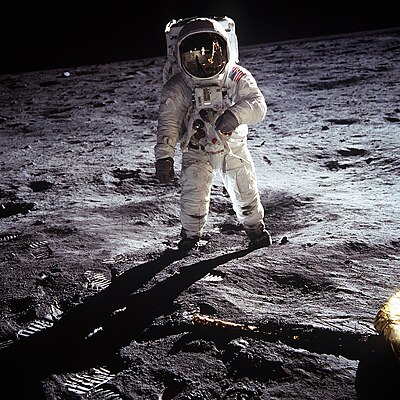Recapturing How I Taught U.S. History a Half-century Ago: Doing Current Events

My memory of teaching over a half-century ago is filled with holes. In thinking back to the time when I began teaching at Glenville High School in Cleveland (OH) in 1956 as a 21 year-old novice, I can recall some events, some students, some teachers, but there is much I forgot. I do remember well, however, that the students were nearly all Negro—the words “black” and “African American” were not in general use then.
As for what I did daily in my five U.S. and world history classes that year and the next six that I taught there, only slivers of memory come to mind. And even those fragments are disconnected. I do have students’ reminiscences of lessons I taught, a few actual “study guides” that I prepared weekly for my U.S. history classes, student papers with my comments on them, occasional articles about one or more classes of mine in the student newspaper, and photos of me teaching in the annual yearbook. That’s it.
In assembling those shards of memory and documents from more than a half-century ago knowing what I know about teaching history to teenagers, I find it hard to sort out what I actually did in my classroom from what I would have liked to have done.
Consider current events in history courses. I do remember that I set aside Fridays to teach current events. Either in my first or second year of teaching, I
